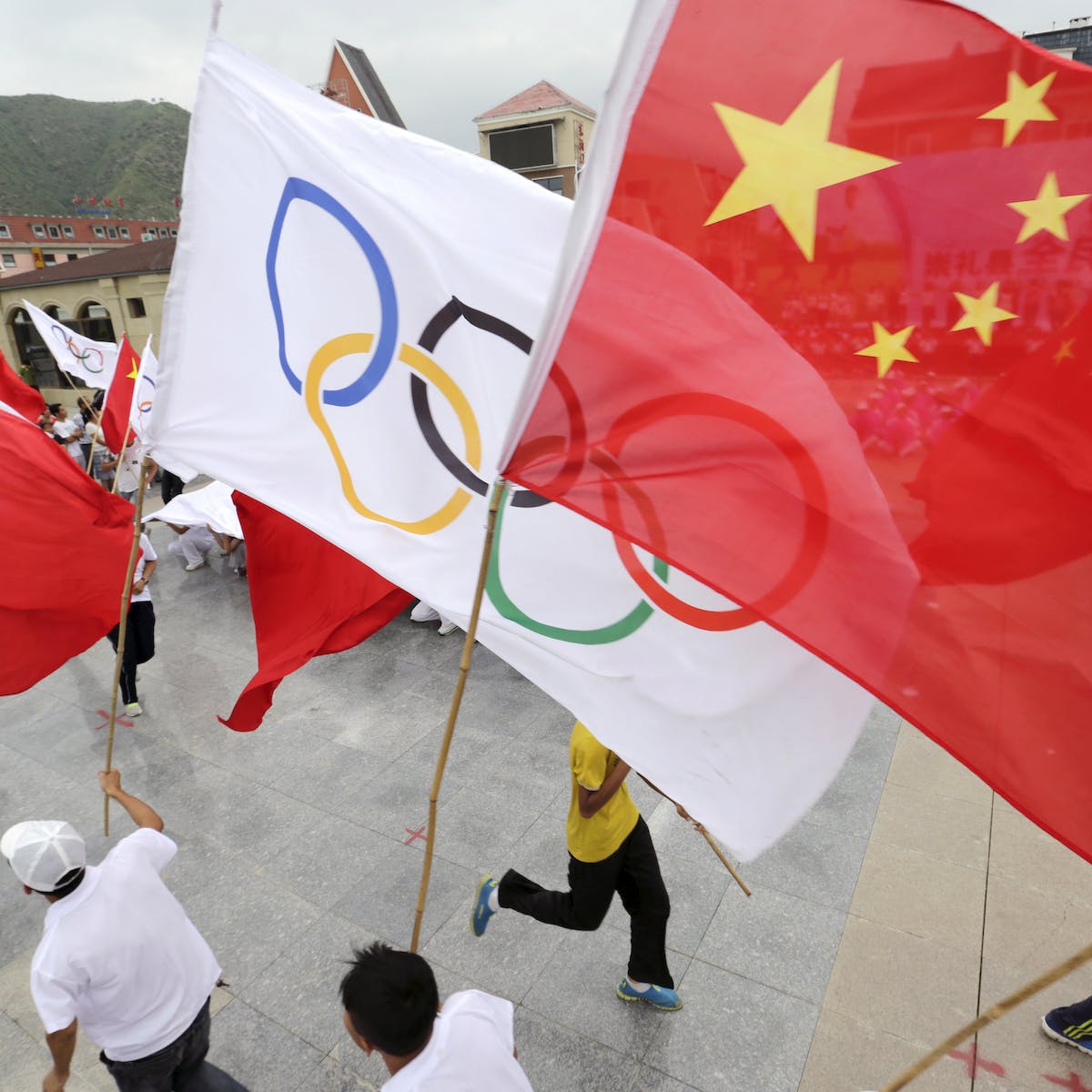This article compares and contrasts the Olympics and the Commonwealth Games – two of the biggest international sporting events in the world. The Olympics started in 1896 in Athens, Greece, with the aim of bringing countries together and promoting world peace, while the Commonwealth Games were established in 1930 and aimed to bring together the countries in the British Empire. The Olympics have more participants, sports, and viewership worldwide, making it the bigger global sporting event. However, the Commonwealth Games offer an opportunity for athletes to represent their country and compete in a prestigious event, promoting global peace through sport.
Introduction:
Global sports events have become a significant part of the sporting calendar worldwide. Two of the biggest international sporting events are the Olympics and the Commonwealth Games. The Olympics started in 1896, while the Commonwealth Games first took place in 1930. These events bring together athletes from different backgrounds to compete for their countries. This article will compare and contrast both events and determine which is the bigger global sporting event.
History:
The Olympics and the Commonwealth Games have different histories. The Olympics started in ancient Greece in 776 B.C. The modern games, however, were revived in 1896 in Athens, Greece, with the aim of bringing countries together and promoting world peace. The Commonwealth Games, on the other hand, have a colonial history. The games were established in 1930 and aimed to bring together the countries in the British Empire. Both events have evolved over the years, with new sports added, and new countries allowed to participate.
Participants:
The Olympics and the Commonwealth Games both have participants from different countries. However, the Olympics have more participants from a more extensive range of countries worldwide. The Olympics have over 200 countries participating in the event, while the Commonwealth Games have 71 countries. The Olympics attract more athletes, and the qualifying standards required to participate in the Olympics are stricter than those in the Commonwealth Games. This makes winning an Olympic medal a more significant achievement.
Sports:
Both events have different sports on their programs. The Olympics have a more extensive range of sports, including athletics, swimming, gymnastics, and many others. The Commonwealth Games also have a broad range of sports, including athletics and swimming, but they also have sports such as squash and lawn bowls. The Olympics have more prestige in sports, while the Commonwealth games provide a chance for relatively lesser-known sports to gain global attention.
Popularity and viewership:
The Olympics have a more extensive global audience and attract billions of viewers worldwide. The games are broadcasted in several languages, making them accessible to audiences worldwide. The Commonwealth Games, on the other hand, attract a more localized audience, and their viewership is smaller compared to the Olympics.
Location:
The Olympics and the Commonwealth Games have different locations for every event. The Olympics take place in different countries worldwide, with the location changing every four years. The location is chosen by the International Olympic Committee (IOC) after a bidding process. The Commonwealth Games, on the other hand, are hosted in Commonwealth countries.
Conclusion:
Both the Olympics and the Commonwealth Games are significant global sporting events, but the Olympics hold more prestige and generate greater viewership worldwide. The Olympics provide a chance for athletes to compete on a grand stage and win a medal, becoming a global icon. While the Commonwealth Games may not possess the global reach of the Olympics, it still provides an opportunity for athletes to represent their country and compete in a prestigious event. Ultimately, both events are crucial in bringing people together and promoting global peace through sport.
